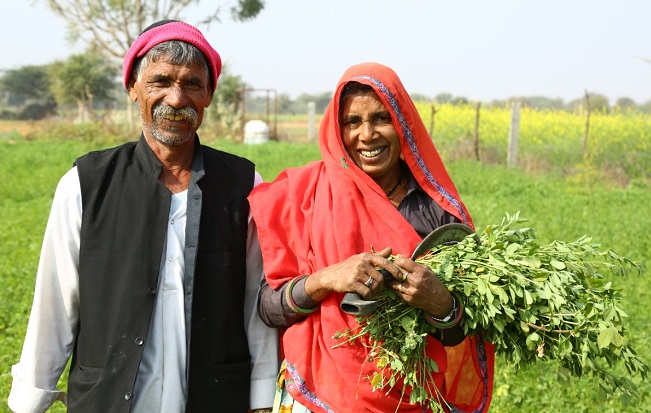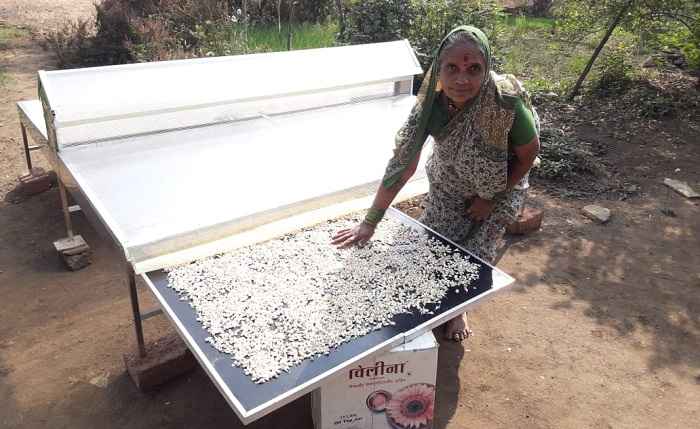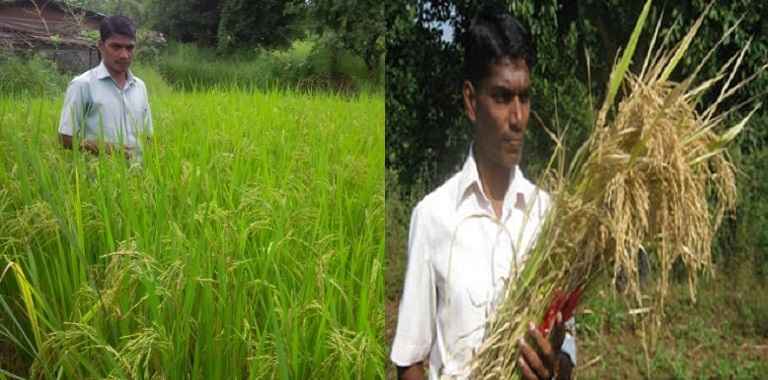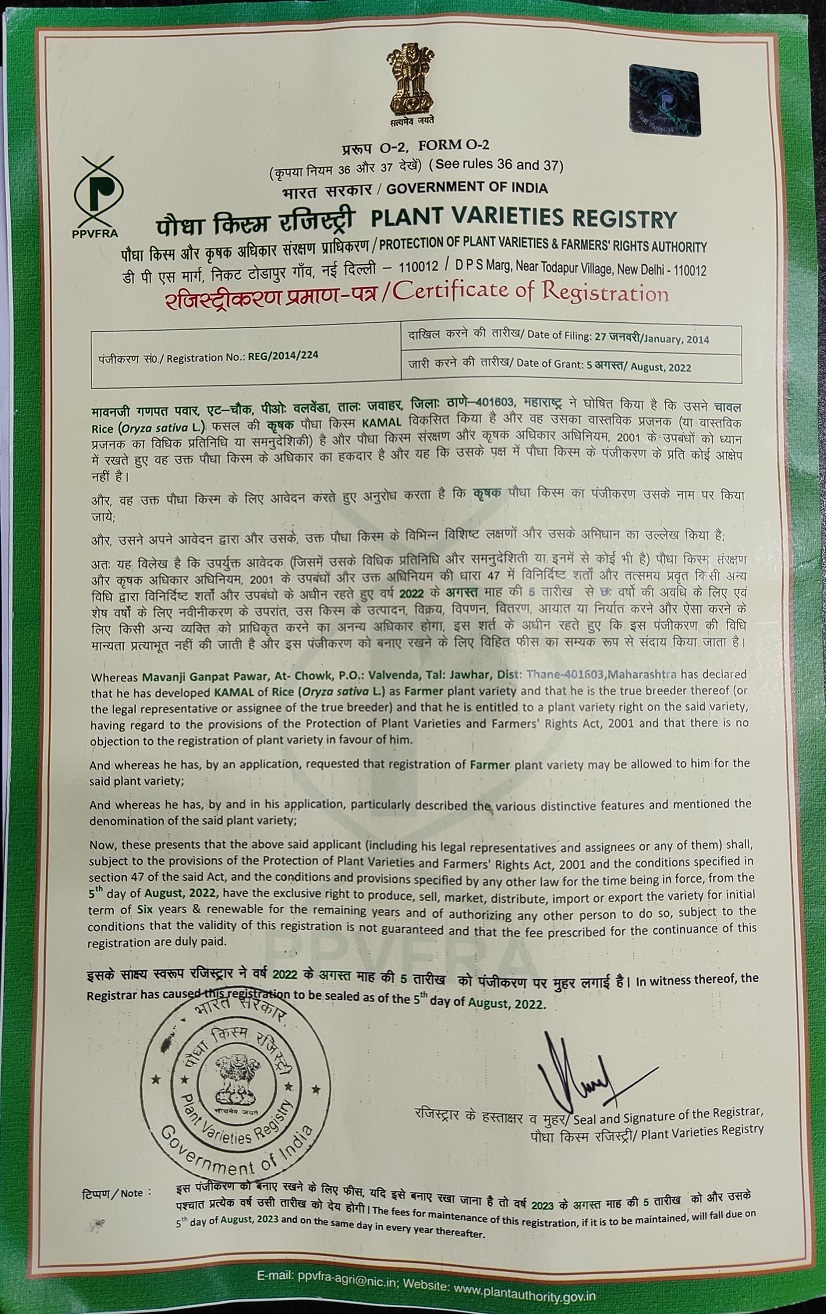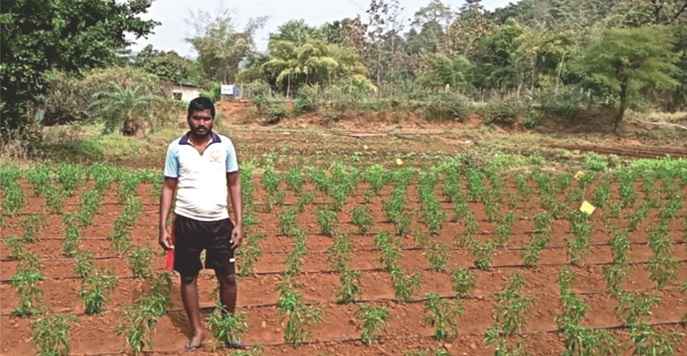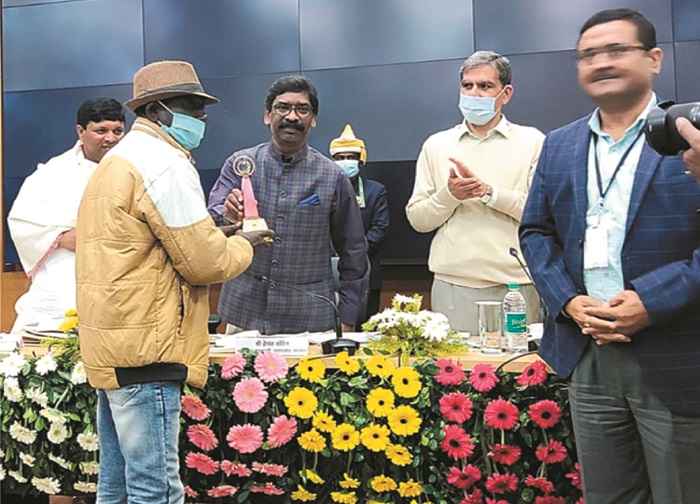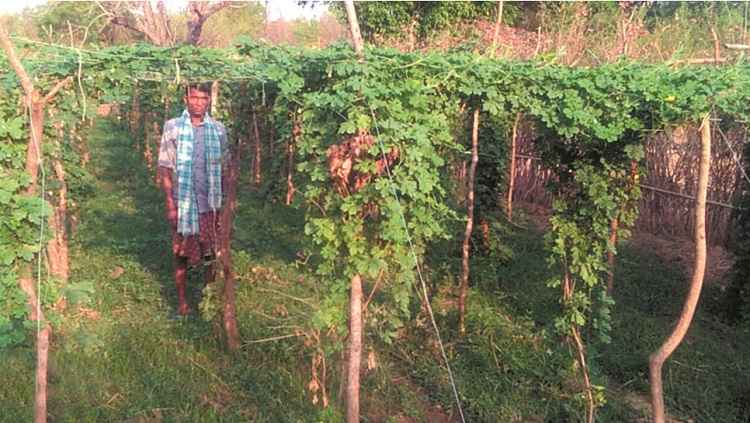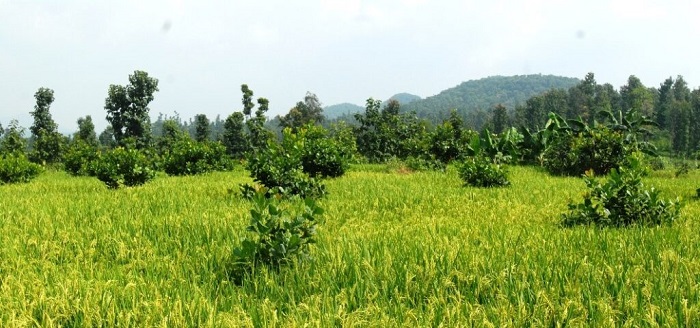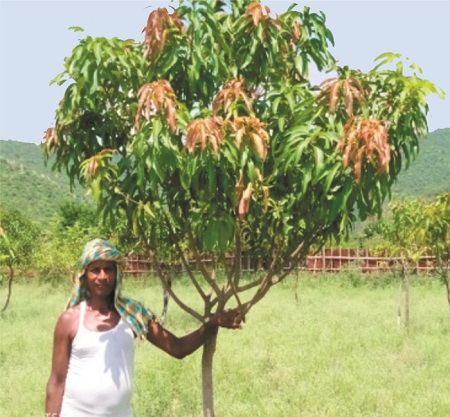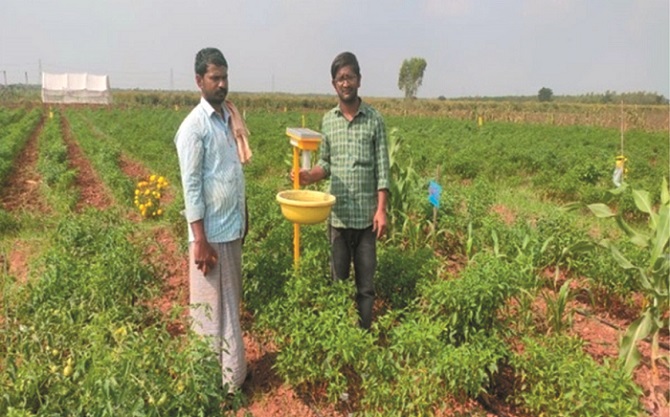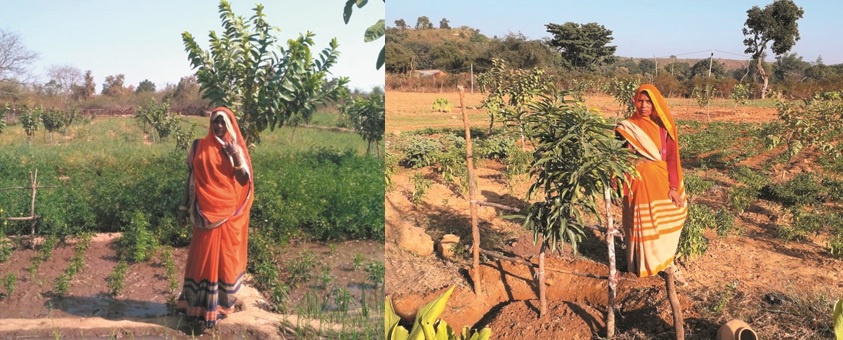Nov. 1, 2022: The first day of November 2022 brought good news for Mavanji Pawar from Chowk, Valvenda in Jawhar, Palghar district of Maharashtra. His true breeder “Kamal” non-scented variety of rice (Oryza sativa L.), received the Plant Varieties Certificate of Registration from the Protection of Plant Varieties & Farmers Rights Authority, Government of India.
He is one of the many plant breeders of this tribal belt who due to their tribal antecedents, have grown up with an affinity towards cultivation, promotion and conservation of indigenous crops. Mavanji is quick to also acknowledge the contribution of his parents in enriching his native wisdom. However, life for him was not smooth as he abruptly abandoned his studies and thereafter struggled as a shop floor operator at a factory in Silvassa, night-time watchman, a daily wages worker at the BAIF Field Station on research, demonstration and training at Jawhar till lady luck smiled on him and he landed himself the dream job of a Field Assistant to the Agro-biodiversity Conservation Programme being implemented by BAIF in 142 villages in nine clusters of four agro-climatic zones of Maharashtra. He has been associated with this programme since the last 14 years.
Establishment of a Community Seed Bank, registering with the Seed Savers’ Group at Jawhar, adoption of System of Rice Intensification (SRI) method of paddy cultivation, establishment of a paddy nursery, functioning as a Resource Person for 400 tribal students, conservation of more than 50 indigenous crop cultivars, purification and characterisation of paddy landraces, developing “Sadhana” and “Kirti” varieties of rice which are under registration process, attaining a production of about 1.9 tons of quality seeds of rice, millets and beans in the last three years and training more than 2000 farmers in rice cultivation techniques have been some of his achievements.
Featured in “Krishi Sutra”- Profiles of 100 Agricultural Innovators of India” published by the Ministry of Agriculture and Food Processing Industries, Government of India, Mavanji is also a recipient of the National Genome Saviour Farmers Award 2011 and the Best Farmer Innovator associated with BAIF Award 2013. His wife “Kamal” after whom he has registered his rice variety, is an active member of the Self Help Group of their village and also a much sought after E-Dost. This barefoot scientist who has shared his experiences at various state and national forums, Agricultural Universities and Krishi Vigyan Kendras, is truly an innovative farmer with an inventive mind.
